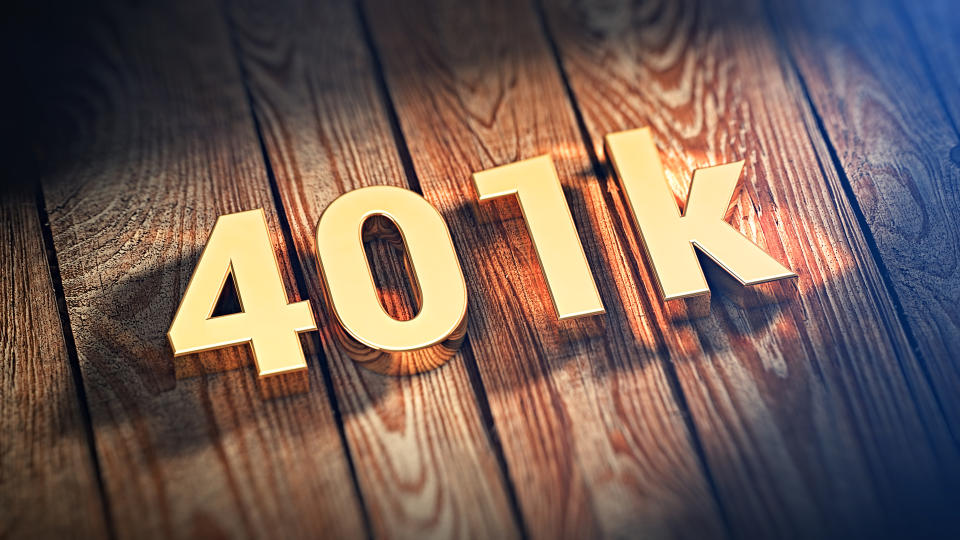What Percentage of Your Paycheck Do You Put In Your 401(k) Savings – Is It More or Less Than the New 6% Standard?

Workers may be putting more of their income toward retirement than ever before. One of the big reasons for this? Technology.
Check Out: How To Eliminate $100,000 of Debt
Read Next: How To Get $340 Per Year Cash Back on Gas and Other Things You Already Buy
Automatic Enrollment
Many more employers that use automatic 401(k) enrollment are starting at a higher default contribution rate. The new rate — at least 6% — is much higher than in previous years. In fact, according to Vanguard Group, around a third of companies using the auto enrollment options are starting workers saving at 6% or more of their salaries, which is double the share of organizations that did so a decade ago.
According to the Wall Street Journal, with 6% becoming the new normal, “Workers are putting a record share of their income toward retirement.” One of the big bonuses with doing so is that workers are able to take better advantage of matching employer contributions.
Younger Worker Numbers
While many employers had been keeping the rate at around 3%, in part due to concerns that workers would opt out of higher amounts, they’re now seeing that employees usually don’t opt out. Instead, they see their savings grow. That’s in contrast to previous decades when, according to the Wall Street Journal, “A default 6% contribution rate was once considered too onerous for younger workers and too paternalistic by those who favor leaving decisions to individuals.”
When it comes to younger workers, they seem to enjoy the time savings that come with the automatic programs. In fact, many Gen Z and millennial employees have opted into these retirement savings programs from day one on the job.
Total Savings
According to Vanguard, about 60% of companies automatically enroll new hires. That brings 401(k) participation rates to 82% of eligible workers — compared to only 66% in 2007.
The new standard rate also means employees’ total savings rates are closer to what financial advisors often recommend for a more secure retirement. Most suggest savings rates around 12% to 15% of annual income.
[rock-component slug=”more-from-gobankingrates-3
This article originally appeared on GOBankingRates.com: What Percentage of Your Paycheck Do You Put In Your 401(k) Savings – Is It More or Less Than the New 6% Standard?

 Yahoo Finance
Yahoo Finance 